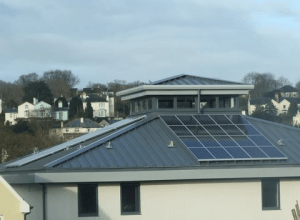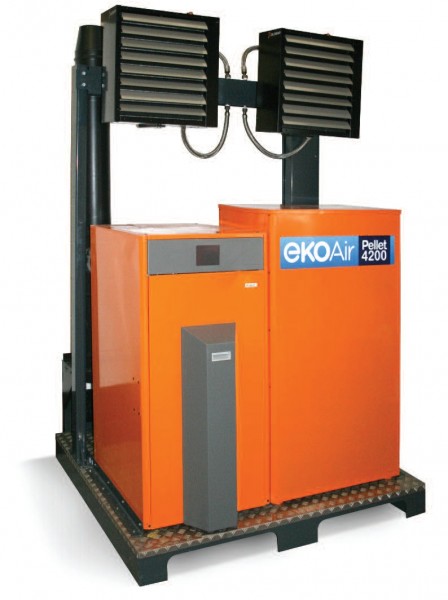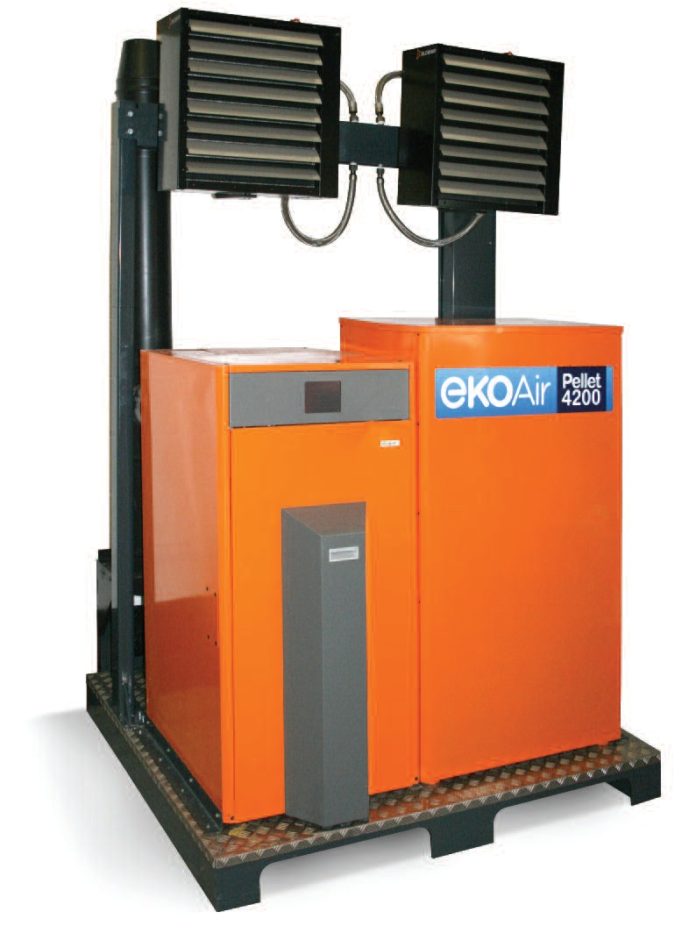Iain Paterson, sales and marketing manager at Celtic Renewable Energy, explains how reduced installation costs and the prospect of cuts in government incentive schemes, means that time is of the essence for businesses looking for the best returns from renewable energy.
In a few short years, solar photovoltaic panels have moved from the preserve of the early adopter to the mainstream. During this time the cost of solar panels and the other system components has plummeted. Planning permission is usually no longer required for the installation of solar panels on business premises. The long term trend in electricity prices remains upwards, and the Feed-in Tariff scheme provides a reliable income stream for 20 years.
The Government’s proposed changes to the feed-in tariff scheme make it abundantly clear to businesses and householders that they must act now to secure the best return on their investment. Postponing a solar photovoltaic installation into next year could mean feed in tariff payments will be reduced by as much as 87%.
A solar photovoltaic system has no downside. It’s installed quickly and non-disruptively, the components installed must have regulatory approval and come with long warranties, the installer must be registered, and, once it’s generating, there’s no maintenance. Moreover, businesses generally use most of their electricity during hours when a solar photovoltaic system is generating at its peak.
Business overheads are reduced, there’s 20 years’ index linked income from the Feed-in Tariff scheme (based on all the electricity generated, not just that fed back into the grid) and solar panels make a very visible positive statement about the business to staff and customers alike.
Whilst the government incentives remain strong, and the cost of solar panels has stabilised at an all-time low, there is a real window of opportunity for businesses to derive maximum value from installing a solar photovoltaic system.
Although the benefits of solar photovoltaic systems are widely appreciated, less well known is a similar scheme which incentivises businesses to use biomass fuel (such as wood pellets) for heating. Again, the government incentive is index-linked and lasts for 20 years. A recent innovation has been the emergence of self-contained ‘plug and play’ heaters for large spaces that need no plumbing. 
By using easily available wood pellets, instead of expensive electricity, massive savings in energy bills can be made. Biomass boilers can replace of oil or gas boilers, and although oil and gas prices have recently dropped, wood pellet prices are generally much more stable than oil or gas prices. In addition, neither an oil or gas boiler benefits from a 20 year index-linked payments.
Businesses are best advised to act sooner rather than later to make the most of the unprecedented incentives still available.
Launceston-based Celtic Renewable Energy (www.celticrenewableenergy.co.uk) have been installing domestic and commercial renewable energy systems throughout Cornwall since 2001.









